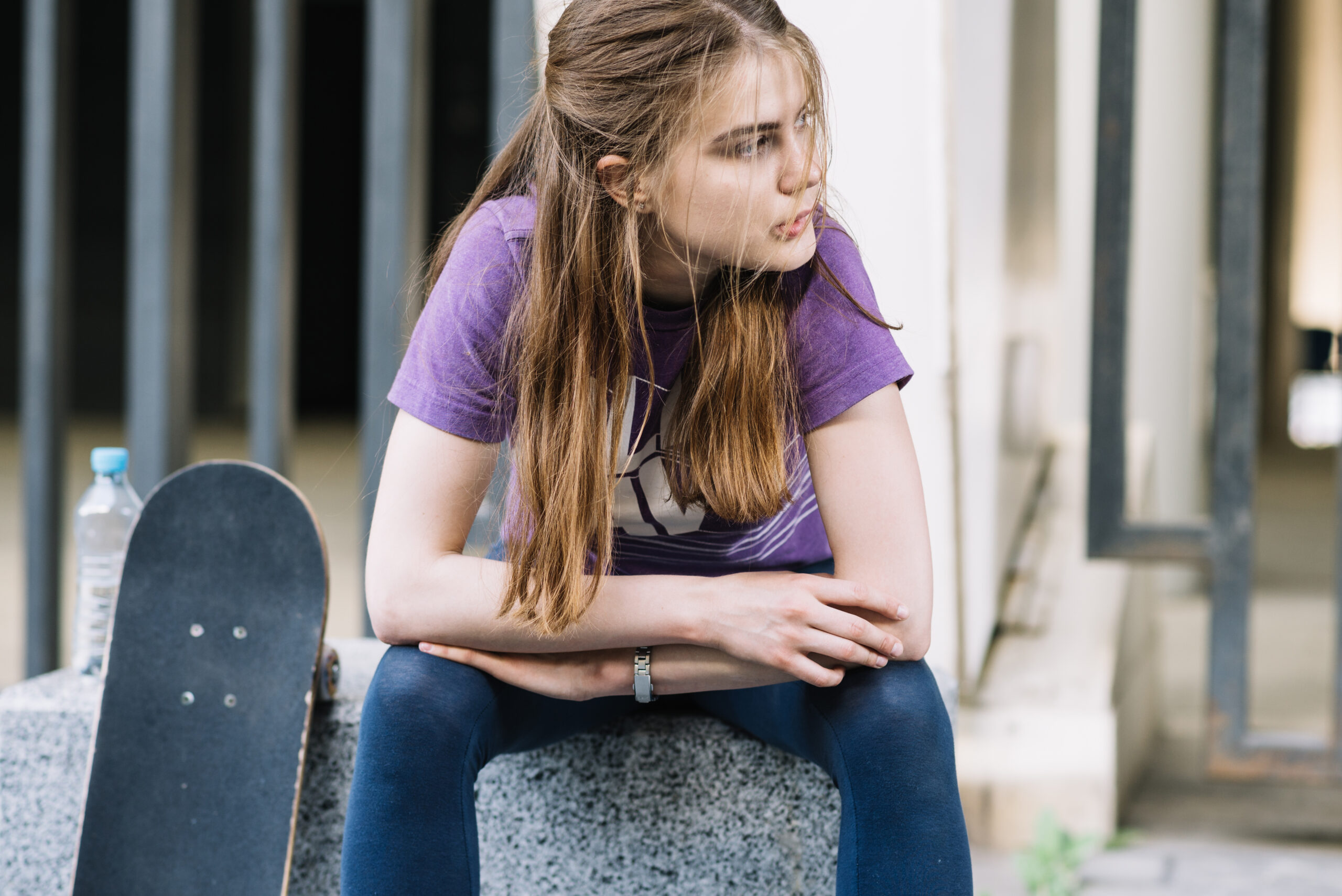Child and adolescent mental health in Lithuania and Europe: the latest HBSC study revealed worsening trends

In the last four years the mental health of youths has become worse in Lithuania as well as other European countries, Canada and in some Asian countries. It is particularly noticeable with the girls in Lithuania and Europe their indicators are systemically worse than boys and this divergence is increasing.
Such concerning trends were revealed by the latest International HBSC(Health Behaviour in School-aged Children) study data.
In Lithuania this study is conducted by the researchers of the Department of Public Health at the Lithuanian University of Health Sciences.
During the analysis of mental health and psychological well-being indicators in Europe it became apparent that only less than half of surveyed school-aged children evaluated their health as great. For example, a third (35%) of fifth graders evaluated their health as great, among ninth graders only a quarter felt the same. In Europe these indicators are 41 and 32 % respectively.
Lithuanian school children evaluate their life satisfaction similarly and matched the general trend in mental health: among older youth, mental health indicators are worse, especially among girls.
“These data are not just numbers – they also reflect the general situation in Lithuanian homes, schools, society. This shows, that at population-wide scale, young people in Lithuania experience hardships, they lack internal resources and external assistance to maintain their psychological balance.
The fact that the youth of Lithuania is characterised by one of the worst self-efficacies among European countries – the ability to solve their own problems and achieve their goals,” – notes Prof. Kastytis Šmigelskas, Head of the Study in Lithuania, Chief Researcher of the Institute of Health Research, Faculty of Public Health, LSMU.
Even though among ninth grade youths a little over half (56%) feel they are capable of solving their own problems and half (50%) to achieve their set goals, the remaining part of the children and adolescents often encounter life difficulties, solving which would benefit from help from other people.
According to K. Šmigelskas, it is because of this, that it is so important for the social environment surrounding children and adolescents to be attentive and benevolent – that would help the young people identify their difficulties, be open, not be avoidant about communicating with their parents, teachers or professionals.
Loneliness – another psychosocial problem prominent in Lithuanian children and adolescents. Our school-aged children’s loneliness indicators significantly exceed the European average.
LSMU researchers note, that in the last four years the number of psychosomatic complaints in children and adolescents has increased significantly. Young people more often complain of head, back, abdominal aches and pains, experiences of nervous tension, irritability, bad mood, sadness, and depression increased significantly. Generally speaking, in grades 5 to 9, about 45% of children experience at least two complaints more often than once a week, this was particularly apparent among grade 9 girls (70%).
“When assessing these symptoms, there is generally a very pronounced gender factor: girls experience them much more often than boys. Additional problems lie in the fact that young people with more complaints tend to be more physically inactive, more often choose harmful habits: smoke regular or electronic cigarettes, consume alcohol, and these tendencies are also more pronounced among girls,” – noted Prof. K. Šmigelskas.
When evaluated in an international context, it can be seen that in terms of various mental health indicators, the indicators of Lithuanian schoolchildren are below the average of European countries, especially in terms of self-efficacy and loneliness.
Quite a lot of similarities can be seen between Lithuania and the neighbouring countries of Estonia, Latvia, and Poland, however, Estonian youth in many cases have better indicators, especially self-efficacy: if among 44 countries Lithuania occupies the 40th place, Estonia on the other hand – holds roughly the 10th place.
“In order to improve the mental health of children and adolescents, it is important to change the environment around them – to create a safer relationship, to improve relations between children, parents and teachers, to promote mutual trust and gratitude,” – emphasised Prof. K. Šmigelskas.
HBSC– a monitoring study of health behaviour in school-aged children coordinated by the World Health Organization is carried out according to a unified international research protocol. The study is conducted every 4 years and covers 50 countries (mostly European, a few North American and Asian countries). In 2022, 6,637 thousand school-aged children from grades 5 to 11, in 124 Lithuanian general education schools, participated in the study.
